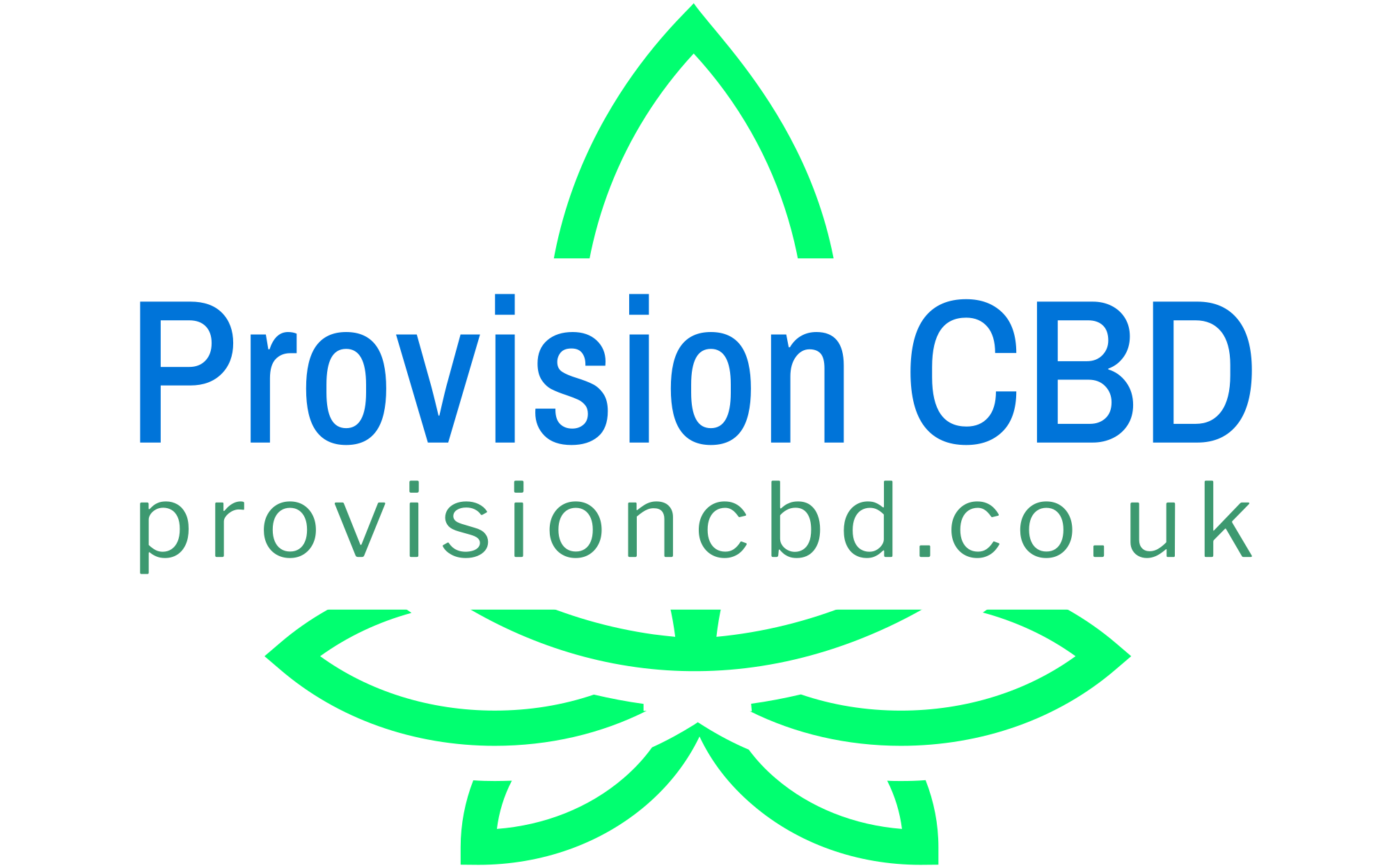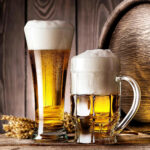Introduction:
Breastfeeding is a vital stage in a mother’s journey, providing essential nutrients and antibodies to the baby. It is crucial for nursing mothers to maintain a well-balanced and nutritious diet to ensure optimal health for both themselves and their infants. While most foods are safe to consume while breastfeeding, there are certain foods that may cause discomfort or adverse effects on the baby. In this comprehensive guide, we will discuss five foods that nursing mothers should limit or avoid to support their baby’s health and well-being.
Caffeine:
Caffeine is a stimulant found in various beverages like coffee, tea, energy drinks, and chocolate. While moderate caffeine intake is generally safe during breastfeeding, excessive consumption can have negative effects. Caffeine is a diuretic, which means it can increase urine production and potentially lead to dehydration for both the mother and the baby. Additionally, high caffeine intake can cause irritability, restlessness, and disrupted sleep patterns in infants. It is advisable to limit caffeine intake to around 200 mg per day (equivalent to one 12-ounce cup of coffee) to minimize potential risks.
Alcohol:
Alcohol consumption while breastfeeding can have harmful effects on the baby’s development and overall well-being. When a nursing mother drinks alcohol, it passes into breast milk and can interfere with the baby’s sleep patterns, motor skills, and overall growth. It is recommended to avoid alcohol altogether while breastfeeding, or if you choose to consume it occasionally, plan it well in advance to allow ample time for the alcohol to clear from your system before nursing. Pumping and storing breast milk beforehand can be a suitable alternative during such occasions.
Spicy Foods:
Spices can add flavor and variety to your meals, but some nursing mothers may find that consuming spicy foods can cause digestive discomfort for their babies. Spices like chili peppers, garlic, and curry can potentially lead to colic, gas, or even diaper rash in infants. However, every baby is different, and some may not be affected by spicy foods at all. If you notice any adverse reactions in your baby after consuming spicy foods, it is advisable to limit or avoid them in your diet and observe any improvements in your baby’s comfort.
Fish High in Mercury:
Fish is an excellent source of omega-3 fatty acids, which are crucial for the baby’s brain development. However, certain fish species, particularly those high in mercury, should be limited or avoided during breastfeeding. Mercury is a toxic substance that can accumulate in the body over time and have detrimental effects on the nervous system. Examples of fish with high mercury levels include shark, swordfish, king mackerel, and tilefish. Instead, opt for low-mercury fish like salmon, trout, and sardines, which provide the benefits of omega-3s without the risk of excessive mercury exposure.
Allergenic Foods:
Some babies are more prone to food allergies, and the proteins from certain foods can be transferred through breast milk. Common allergenic foods that nursing mothers should be cautious about include cow’s milk, eggs, peanuts, tree nuts, soy, wheat, and shellfish. If there is a family history of food allergies or if your baby displays symptoms like rashes, hives, or digestive issues, it may be necessary to avoid these allergenic foods in your diet temporarily. Consultation with a healthcare professional or a registered dietitian can help determine if such dietary modifications are required.
Conclusion:
Maintaining a healthy and balanced diet is essential for nursing mothers to support their own well-being and provide optimal nutrition to their babies. While breastfeeding, it is important to be mindful of certain foods that may cause discomfort or adverse effects on infants. Limiting or avoiding caffeine, alcohol, spicy foods, fish high in mercury, and allergenic foods can help minimize potential risks and promote a healthy breastfeeding experience for both mother and baby. As always, it is advisable to consult with a healthcare professional or a registered dietitian for personalized guidance based on your specific circumstances.
- Chemryder 91 Marijuana Strain - September 22, 2023
- Does Olive Oil Go Bad? - July 14, 2023
- 5 Foods to Limit or Avoid While Breastfeeding - July 14, 2023





